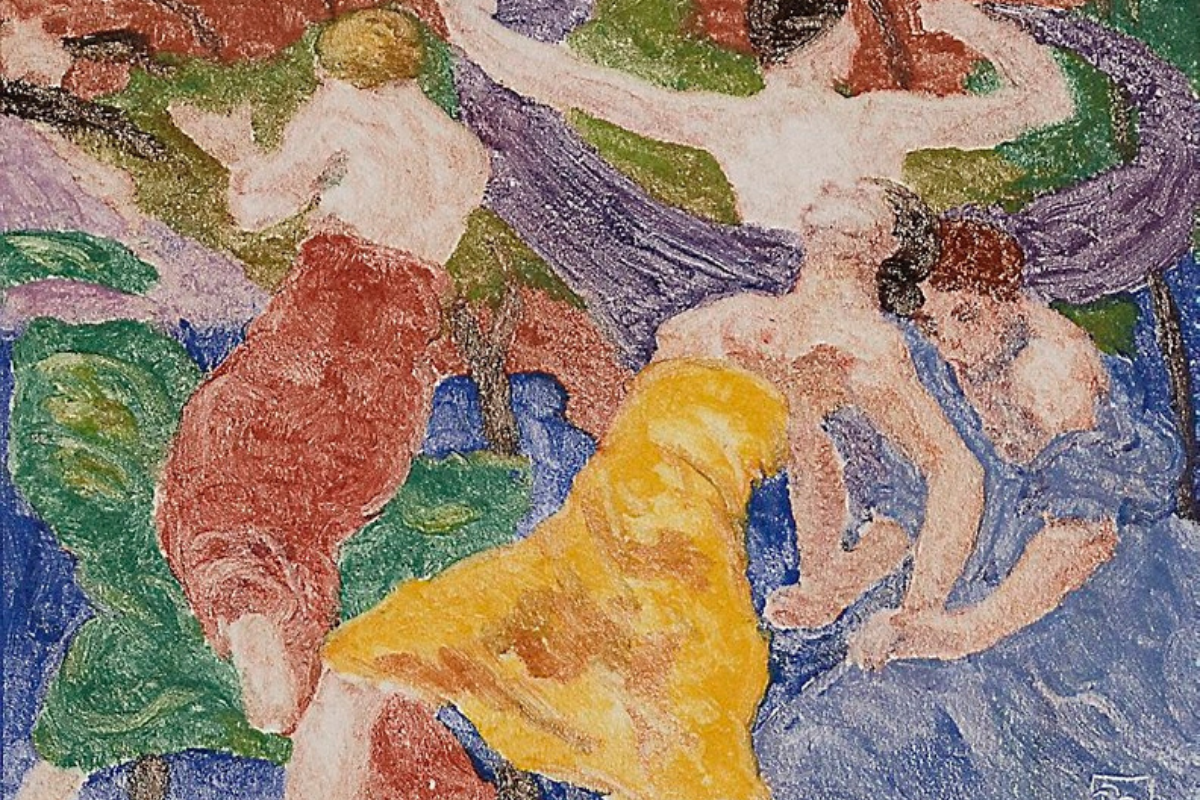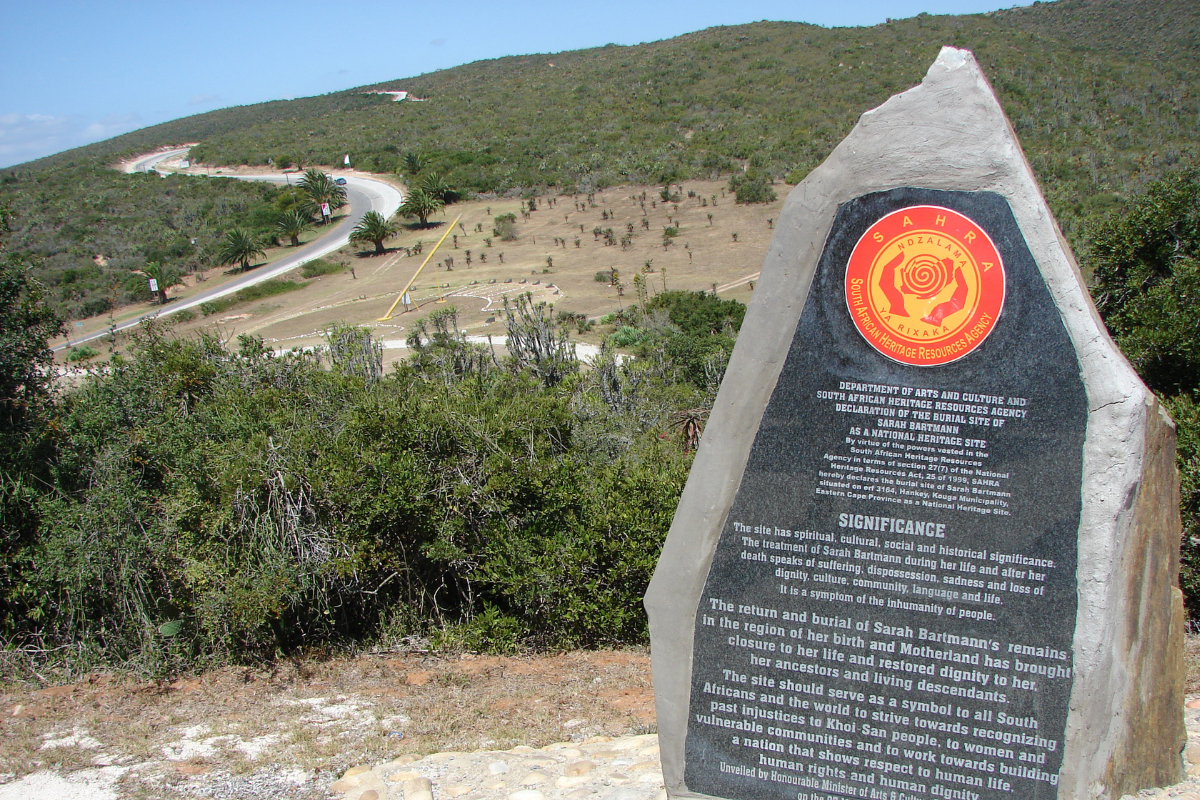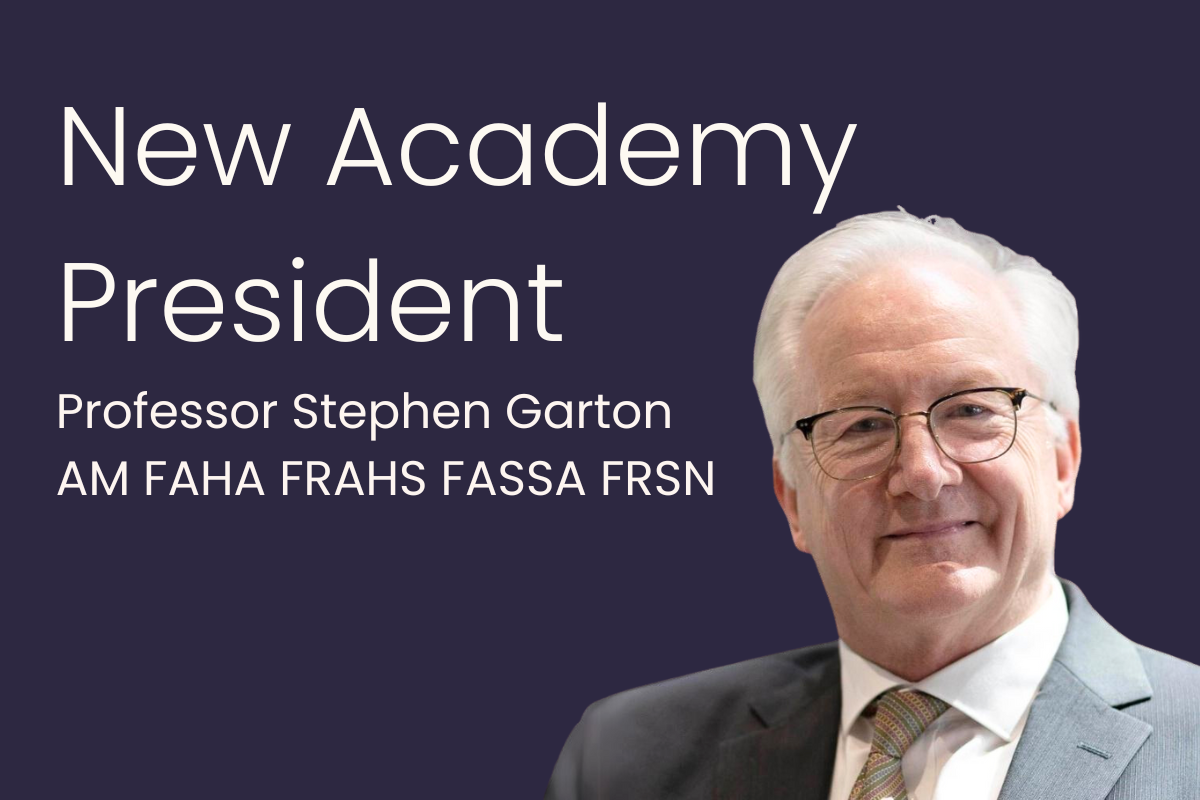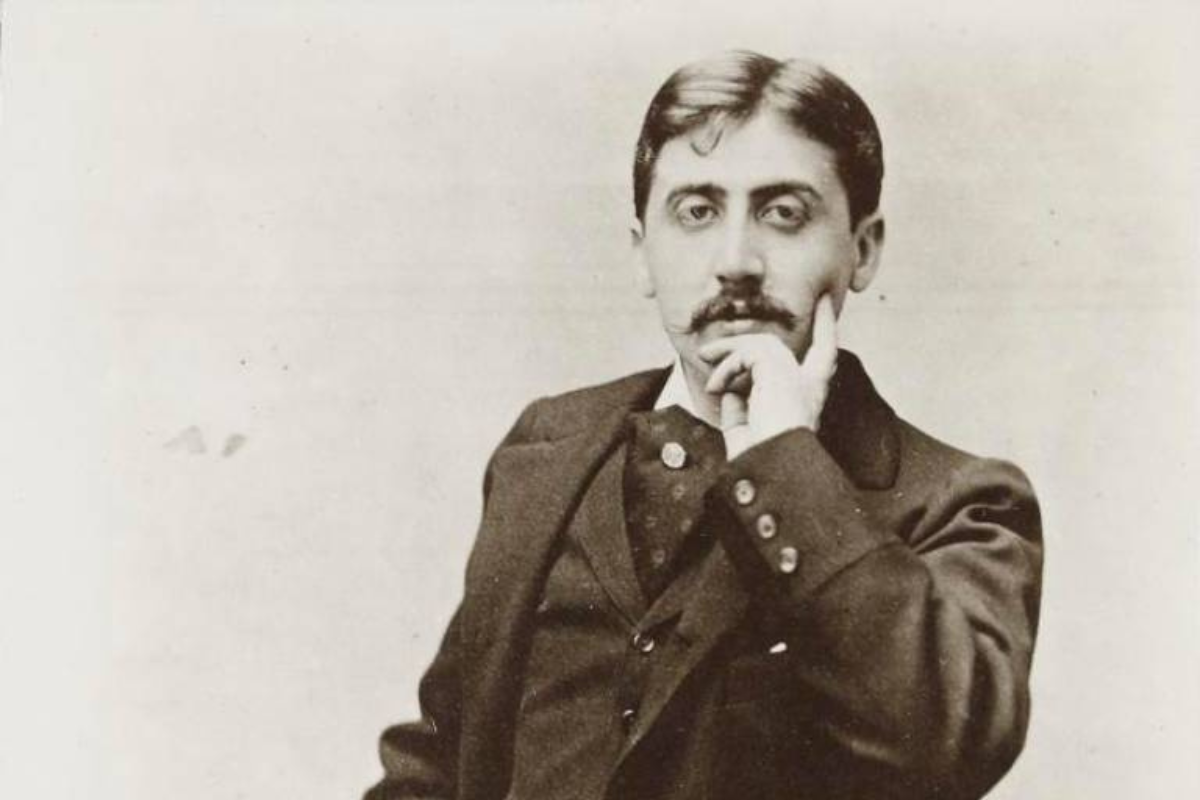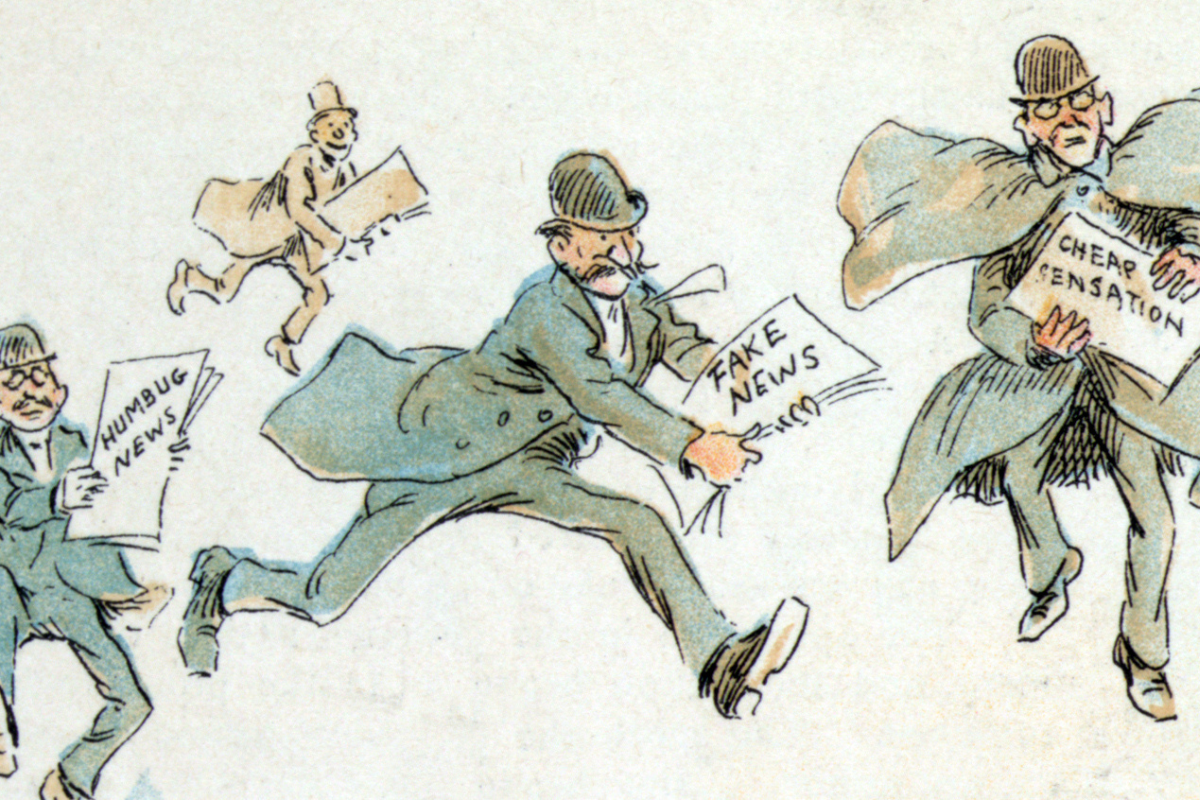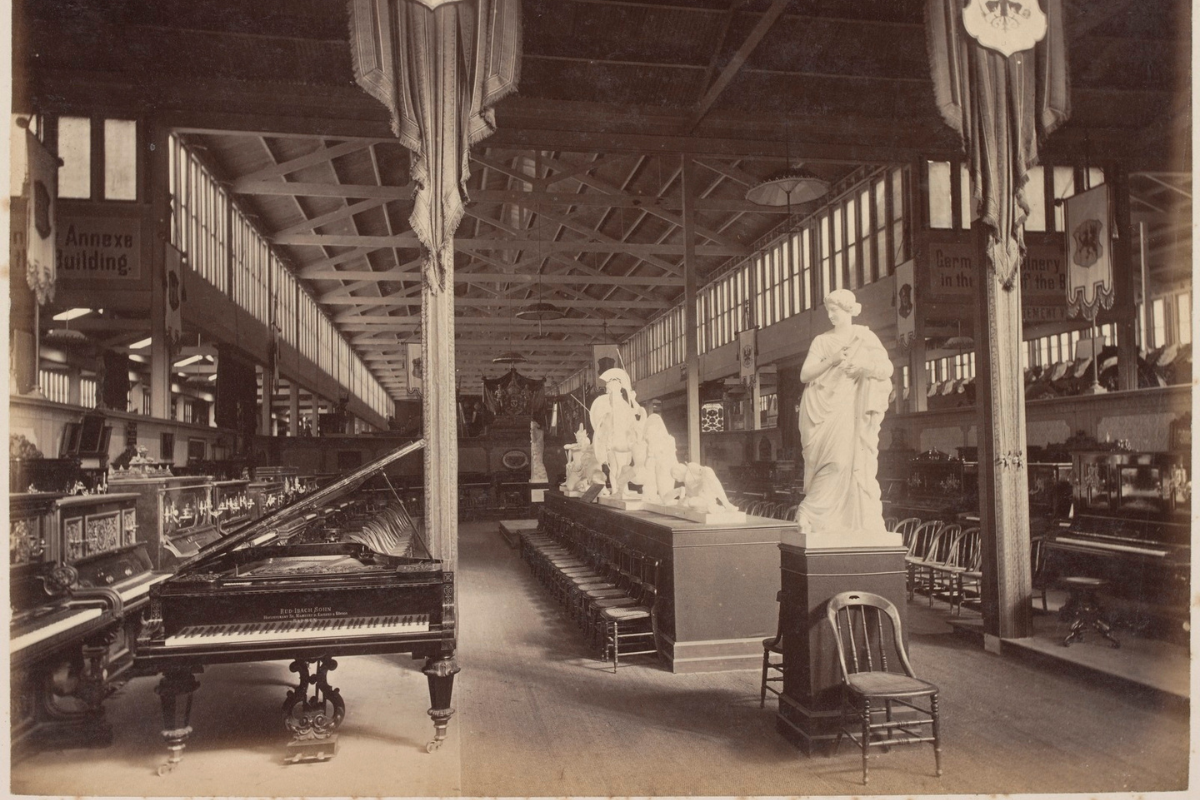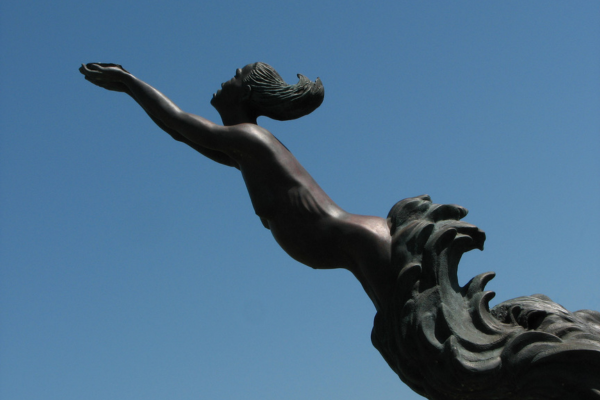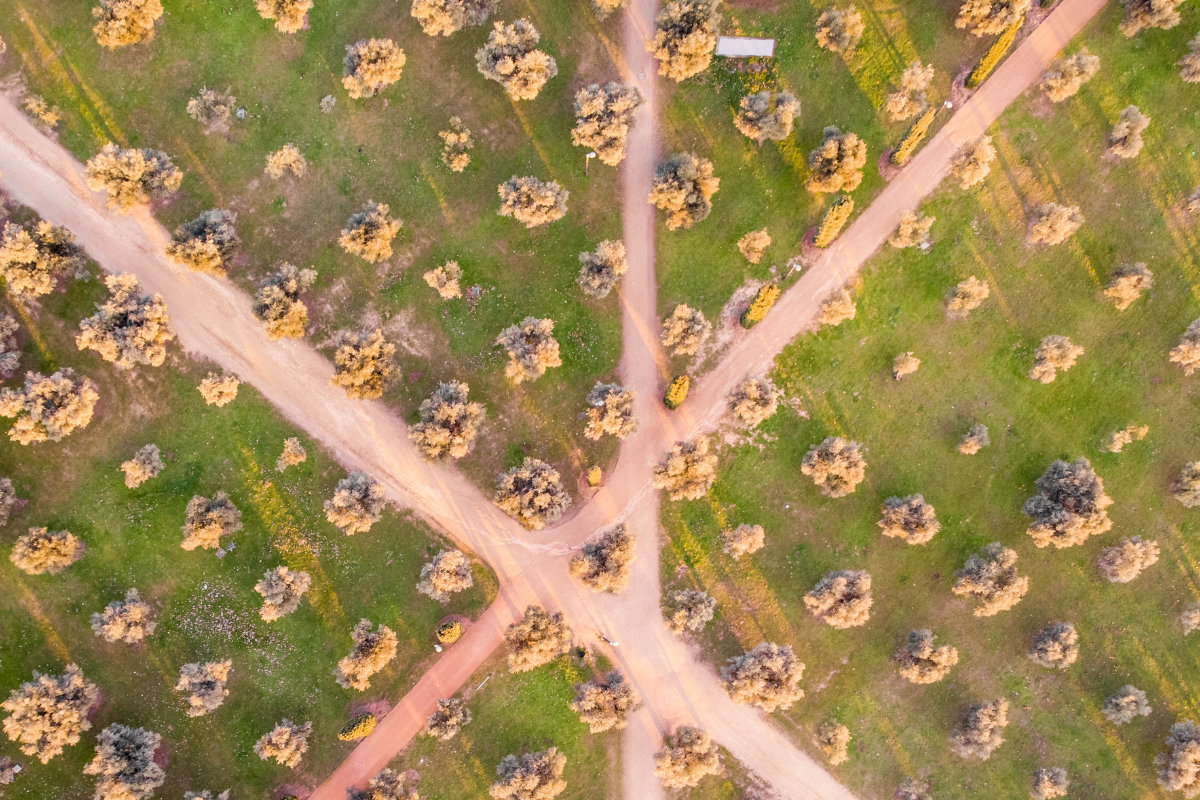There is little written about queer Australian art before 1930. Peter McNeil FAHA shares his contribution to the groundbreaking global art exhibition, The First Homosexuals, and discusses the fragmented, solitary and quiet history of queer Australian artists pre-1930.
Power of the humanities
Explore stories about the social benefits and impact of the Humanities and the remarkable outcomes that can be achieved when humanities researchers collaborate on national and global challenges. Visit our Newsroom to explore stories about our people, community and research.
Since her death in 1815, Sara Baartman’s life continues to be studied. Marguerite Johnson FAHA explores the lasting legacy of Sara Baartman following the translation of her post-mortem report in English, shedding light on how European society’s fixation on her body shaped concepts of race, sex, and gender.
The Australian Academy of the Humanities has elected eminent Australian historian Professor Stephen Garton AM FAHA FRAHS FASSA FRSN as the Academy’s 20th President.
The 2023 Max Crawford Medallist, Dr T.J. Thomson examines how mis/disinformation, bias and outright falsehoods can plague news media and social media alike, leaving many Australians feeling ill-equipped to discern the quality of the information they consume.
In this week’s Five Minute Friday, Brian Nelson FAHA explores the ‘invisible’ art of literary translation and suggests a clearer appreciation can be gained when we consider a literary translation a performance of the author’s work, similar to a performance of music or theatre.
In this week’s Five Minute Friday, Mina Roces FAHA explores the complex relationship between Filipino domestic workers living overseas and their home communities, and how, through shifting expectations, migrants have become significant agents for radical personal, social, and economic change.
In this week’s Five Minute Friday, Graeme Turner AO FAHA critically examines the news-reporting surrounding the 2023 Referendum debate, the degradation of the principle of ‘balance’ of opinion, and the structures that allow political disinformation to be taken at face value.
2023 McCredie Musicological Award Recipient, Dr Sarah Kirby, examines the significance of International Exhibitions in the 19th century, and how the piano shaped Australia’s cultural identity.
In this week’s Five Minute Friday, Professor Sally Young FAHA aims to train a chat-bot to recite accurate information about Australia’s media history, and examines the role the humanities play in influencing AI’s use.
As we observe the International Day for the Remembrance of the Slave Trade and its Abolition, Jane Lydon FAHA calls on us to recognise slavery in all its forms, including those persisting today.
Philosophers, physicians, social workers and scientists have long explored the human tendency to form habits. They have also pondered how to break routinised habits by creating fissures—gaps in time that allow new habits to form. And, as Tony Bennett FAHA FAcSS shows in Habit’s Pathways: Repetition, Power, Conduct (2023), the history of forming and changing habits is a politically charged one.
Dishonest politicians and the failure to act on mounting evidence of Robodebt’s inaccuracies has led to a major distrust in technology, media and essential services for our country’s most vulnerable people. Australian Research Council Laureate Fellowship recipient Terry Flew FAHA explains how his mediated trust research can help us better understand questions of trust as they relate to news media, digital platforms, corporations, and global institutions.

